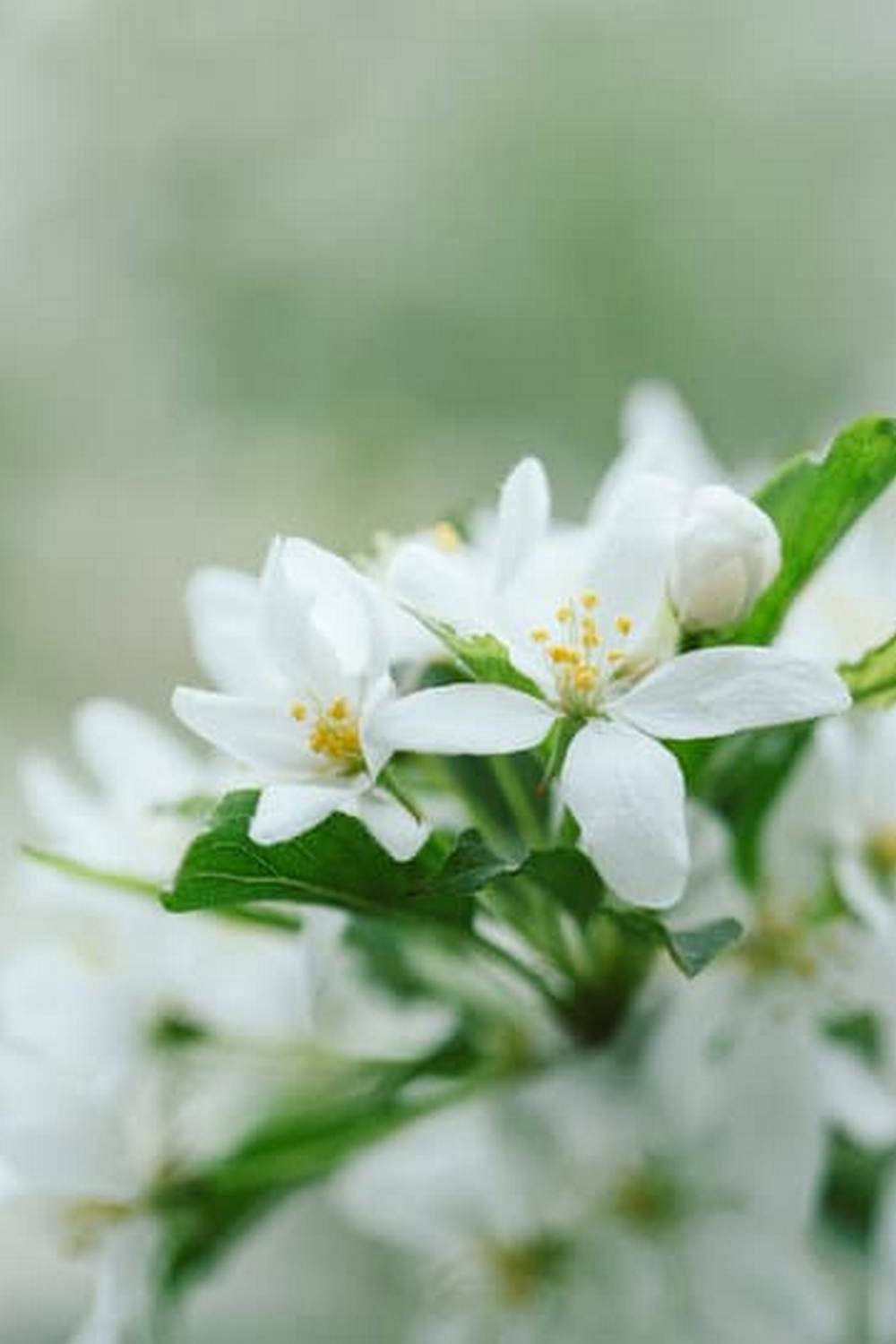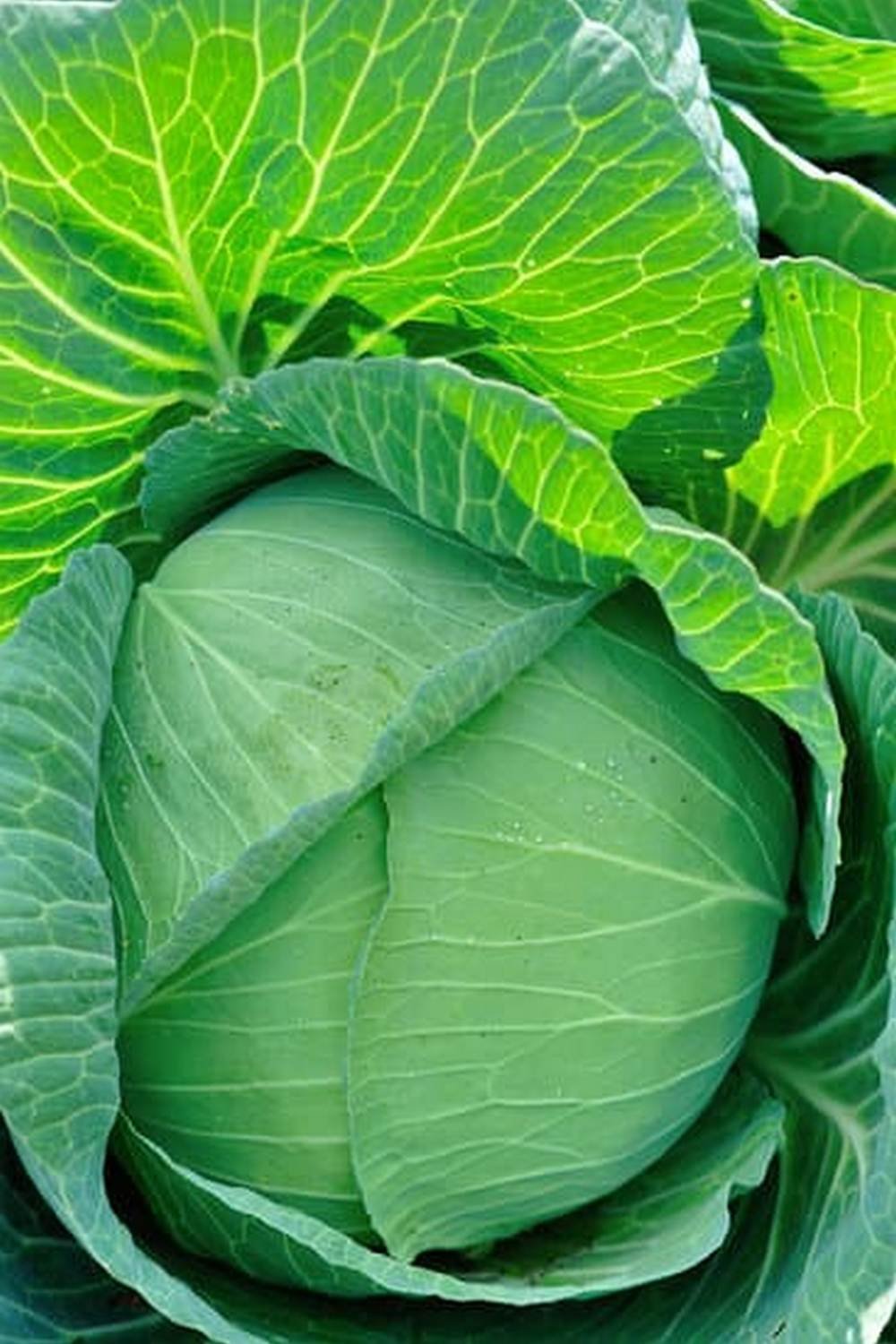Best Vegetable Garden Companion Plants
companion plants
Companion plants are plants that are grown in close proximity to one another for the benefit of one or both of the plants. Companion planting is a great way to improve the health and vigor of your plants, while also providing some protection from pests and diseases.
There are a number of different companion planting schemes that you can use in your garden. Some of the most common schemes include planting herbs and vegetables together, planting nitrogen-fixing plants with other plants, and planting flowers to attract beneficial insects.
Here are some of the best vegetable garden companion plants to grow in your garden:
1. Herbs – Herbs make great companion plants for vegetables because they can help to improve the flavor and aroma of the vegetables, and they also provide some protection from pests and diseases. Some good herb companions for vegetables include basil, chamomile, lavender, and mint.
2. Flowers – Flowers can also make great companion plants for vegetables. Not only do they add beauty to your garden, but they also attract beneficial insects, which can help to control pests. Some good flower companions for vegetables include bee balm, calendula, cosmos, and nasturtium.
3. Nitrogen-fixing plants – Nitrogen-fixing plants are plants that can fix nitrogen from the air and make it available to other plants. This is important because most plants need nitrogen to grow healthy and strong. Some good nitrogen-fixing companion plants for vegetables include beans, peas, and clovers.
4. Pest-repelling plants – There are a number of plants that can help to repel pests from your garden. These plants release a variety of different compounds that pests find repellent. Some good pest-repelling companion plants for vegetables include garlic, onions, and marigolds.
5. Disease-fighting plants – There are also a number of plants that can help to fight off diseases in your garden. These plants release a variety of different compounds that help to inhibit the growth of disease-causing pathogens. Some good disease-fighting companion plants for vegetables include basil, chamomile, lavender, and rosemary.
Best Watering System For A Vegetable Garden
There are many ways to water a vegetable garden, but not all of them are effective or efficient. In this article, we will discuss the best way to water a vegetable garden using a watering system.
A watering system is the best way to water a vegetable garden for several reasons. First, it is efficient because it delivers water directly to the plants’ roots. This eliminates the need to water the plants by hand, which can be time consuming and inefficient. Second, a watering system is effective because it ensures that the plants are getting the right amount of water. This is important because plants need different amounts of water depending on the time of year and the stage of growth. A watering system can be customized to meet the specific needs of your garden.
There are several different types of watering systems available, but the most effective one is a drip system. A drip system delivers water slowly and steadily to the plants’ roots, which prevents the water from evaporating. It is also important to use a timer with your drip system so that you can water your plants at the right time of day.
If you are looking for a watering system that is both efficient and effective, then a drip system is the best option. It is important to remember to use a timer with your drip system, so that you can water your plants at the right time of day.
How To Grow The Best Vegetable Garden
Are you looking to start a vegetable garden, but don’t know where to start Here is a guide on how to grow the best vegetable garden.
The first step is to choose the right location for your garden. You’ll want a spot that gets plenty of sunlight, and is close to a water source. If you don’t have a lot of space, you can grow vegetables in containers.
The next step is to choose the right vegetables to grow. Some vegetables are easier to grow than others. Try starting with vegetables that are easy to grow, like tomatoes, peppers, and cucumbers.
Once you’ve chosen the vegetables you want to grow, it’s time to start planting. You’ll want to plant the vegetables in a sunny spot, and make sure to water them regularly.
If you’re looking for a way to make your vegetable garden even more successful, try using fertilizer. Fertilizer can help your vegetables grow bigger and healthier.
With a little bit of care and attention, you can create the perfect vegetable garden and enjoy fresh, delicious vegetables all summer long.
Best Vegetables For Raised Garden Box
es
There are many different types of vegetables you can plant in your raised garden boxes, but not all vegetables are created equal. Some vegetables are better suited for a raised garden box than others. Here are a few of the best vegetables for raised garden boxes.
Tomatoes
Tomatoes are one of the best vegetables to grow in a raised garden box. They are a warm weather crop and do best when planted in late spring or early summer. Tomatoes need at least six hours of sunlight per day and plenty of water. They will grow best in a soil that is rich in organic matter.
Carrots
Carrots are another great vegetable to grow in a raised garden box. They are a cool weather crop and do best when planted in early spring or late summer. Carrots need at least six hours of sunlight per day and plenty of water. They will grow best in a soil that is rich in organic matter.
Peppers
Peppers are a warm weather crop and do best when planted in late spring or early summer. Peppers need at least six hours of sunlight per day and plenty of water. They will grow best in a soil that is rich in organic matter.
Zucchini
Zucchini is a warm weather crop and do best when planted in late spring or early summer. Zucchini need at least six hours of sunlight per day and plenty of water. They will grow best in a soil that is rich in organic matter.
Best Bagged Soil For Vegetable Garden
Best soils for vegetable gardens are those that are rich in organic matter. The organic matter helps to feed the plants and also helps to retain moisture in the soil. There are many types of soil that can be used for a vegetable garden, but the best is a soil that has been specifically blended for vegetables.
One type of soil that is good for a vegetable garden is bagged soil. Bagged soil is a soil that has been specifically blended for use in a garden. It is usually a mixture of soil, organic matter, and fertilizer. This type of soil is easy to use and is ready to be planted in.
Bagged soil is available at most garden centers. It can be used to fill in a garden bed or to top dress an existing garden bed. When using bagged soil, be sure to read the label to make sure that it is for use in a vegetable garden.
Bagged soil is a good choice for a vegetable garden because it is already mixed and ready to use. It is also a good choice because it is high in organic matter, which helps to feed the plants and retain moisture in the soil.

If you’re looking to get into vegetable gardening, or are just looking for some tips on how to make your current garden better, then you’ve come to the right place! My name is Ethel and I have been gardening for years. In this blog, I’m going to share with you some of my best tips on how to create a successful vegetable garden.





